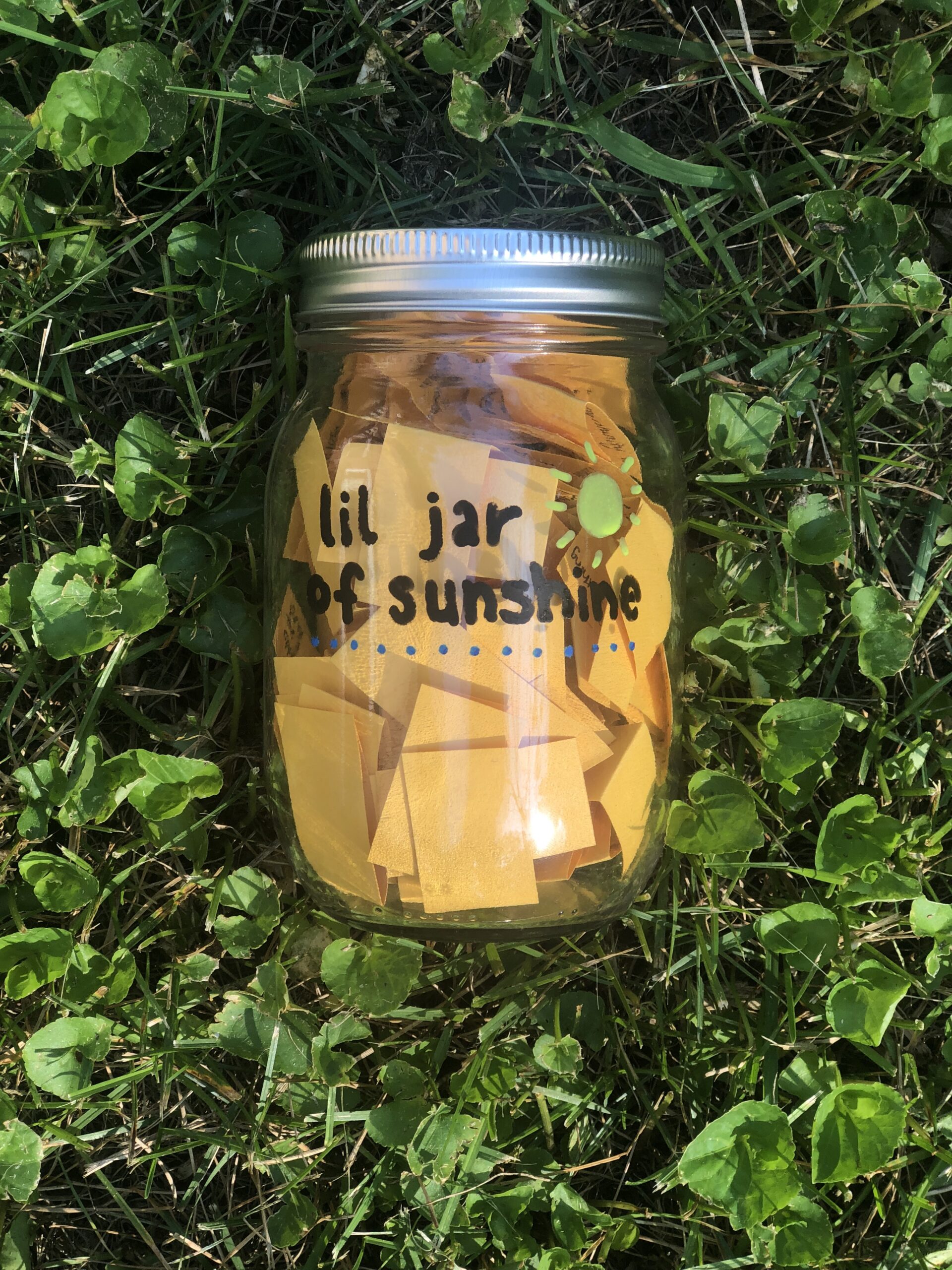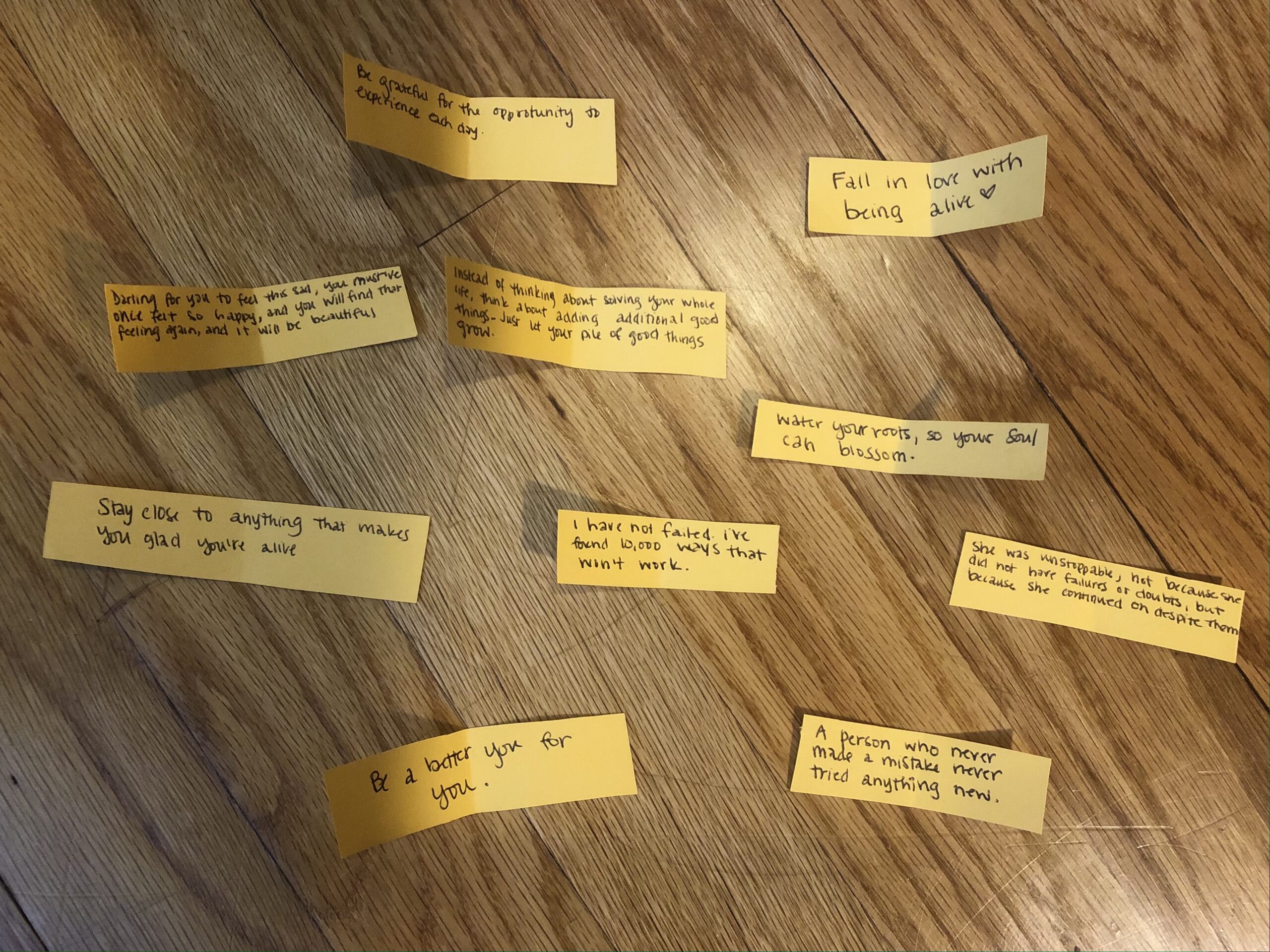Social anxiety can be a formidable adversary during the holiday season. With an influx of social gatherings, increased expectations, and the general chaos of this time of year, it’s easy to feel overwhelmed.

This comprehensive guide is here to arm you with practical strategies and tips to navigate through the holiday season with confidence and joy.
Understanding Social Anxiety
Social anxiety, also known as social phobia, is more than shyness or a fear of public speaking. It’s a persistent fear of being observed, judged, or scrutinized by others, causing significant distress and impairing one’s ability to function in social situations.
Common Symptoms of Social Anxiety
Social anxiety symptoms can be psychological and physical, varying from person to person.
Common psychological symptoms include:
- Fear of interacting with strangers
- Worry about others noticing your anxiety
- Fear of physical symptoms like blushing or a shaky voice
- Avoidance of situations where you fear embarrassment
- Anticipation of the worst outcome in social cases.
Physical symptoms can include:
- Fatigue
- Headaches
- Sweating
- Difficulty speaking
- Nausea
- Increased heart rate
A person with social anxiety may experience some or all of these symptoms, and their intensity can fluctuate based on the situation. Understanding your specific triggers and reactions can help you develop strategies to manage your anxiety.
The Impact of Holidays on Social Anxiety
The holiday season is often a time of increased social activity, which can exacerbate social anxiety symptoms. The pressure to attend large social gatherings, navigate unfamiliar social situations, and handle potential triggers can make the holidays less cheerful.
Moreover, with the COVID-19 pandemic in recent memory, many people are finding it challenging to reintegrate into social situations after extended periods of isolation. The sudden return to large gatherings and parties can trigger a spike in social anxiety symptoms.
10 Strategies to Manage Social Anxiety during the Holidays
While social anxiety can be daunting, especially during the holiday season, you can use proven strategies to manage your symptoms and enjoy the festivities. Here’s a roundup of 10 practical strategies to help you conquer holiday social anxiety.
1. Educate Yourself About Your Social Anxiety
Understanding your social anxiety is the first step towards managing it. Familiarize yourself with your specific triggers and reactions, recognize the physical and psychological symptoms, and understand how they impact your daily life.
2. Define Your Boundaries
Having clear boundaries is crucial when managing social anxiety. You don’t need to accept every invitation that comes your way. Determine which events are important to you and only commit to those.
3. Bring a Trusted Friend
Having a trusted friend or “wing(wo)man” at social events can help you feel more comfortable and less anxious. They can facilitate conversations and provide a sense of familiarity and security.
4. Request a Task
If bringing a friend is not an option, ask the host if there’s something you can do to help during the event. This can give you something to focus on, reduce feelings of being observed, and provide opportunities for easy conversation.
5. Prepare Conversation Starters
Having a few conversation starters up your sleeve can help alleviate the stress of making small talk. Think of neutral topics or current events that you can discuss.
6. Take Breaks
If you start to feel overwhelmed, don’t hesitate to take a break. Step outside for fresh air, take a quiet moment alone or engage in a brief mindfulness exercise to help you re-center.
7. Be Honest About Your Feelings
It’s okay to acknowledge your social anxiety. If you feel comfortable, let others know that you’re feeling anxious. More often than not, people are understanding and supportive.
The holiday season can be a challenging time for individuals with social anxiety. However, you can navigate the holiday season confidently and grace by understanding your triggers, setting boundaries, and employing effective coping strategies. Remember, asking for help and caring for your mental health is okay. After all, the holiday season is all about joy, peace, and well-being.
Written by Sarah Edwards, Project Associate of TPCT. Want to get to know me? Say hi! https://liinks.co/setapartcompany
Disclaimer: Sarah Edwards is not a certified or licensed mental health professional—instead, someone sharing real-life experiences and findings for others to find commonality and seek actionable steps.
Footnotes
National Institute of Mental Health – Social Anxiety Disorder: More Than Just Shyness
New York Times – It’s Beginning to Look a Lot Like Holiday Social Anxiety
Envision Wellness – 7 Ways to Manage Social Anxiety During the Holidays
Sharecare – How to Survive the Holidays When You Have Social Anxiety







